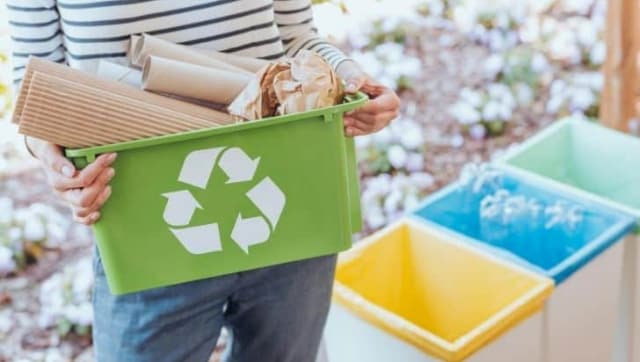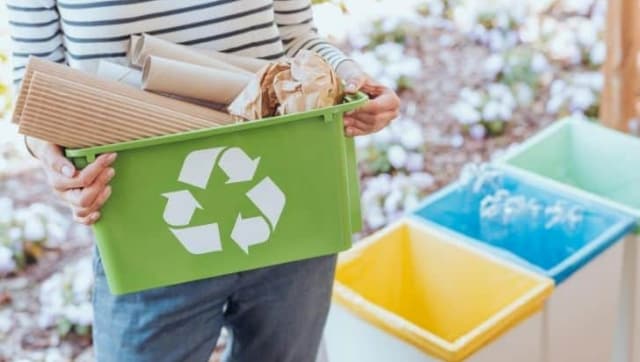Recycling is a ‘scam’, did more harm than good to the planet, say scientists

Scientists at the University of Virginia claim that recycling is big scam that did more harm to the planet than any good. They claim that because recycling was marketed as a simple solution to a complex problem, people ignored the idea of reduce and reuse
According to scientists from the University of Virginia, recycling campaigns, while helpful in diverting waste from landfills, have inadvertently overshadowed the more significant issue of over-production and undermined other sustainable waste reduction strategies.
In their essay for The Conversation, the interdisciplinary research group focused on the psychology of waste, revealing that many people place excessive emphasis on the recycling component of the waste management industry’s “Reduce, Reuse, Recycle” slogan. As a result, recycling has been misconstrued as a simple solution to all waste-related problems, leading to confusion about which items are truly recyclable and disregarding the alarming problem of increasing waste production.
The wrong idea about recycling
In a series of experiments, the researchers asked participants to rank “reduce,” “reuse,” and “recycle” in terms of effectiveness, following the order of the original slogan.
Related Articles

Ahead of World Environment Day, Centre pledges to ‘Beat Plastic Pollution’ around Taj Mahal

Recycling glass bottles, aesthetically
Shockingly, 78 per cent of the participants got it wrong. Subsequently, in another experiment, participants were asked to sort waste into recycling, compost, and landfill bins using a computer program. Unfortunately, many incorrectly placed non-recyclable items, like plastic bags and lightbulbs, into the virtual recycle bin.
Dangerous consequences
The consequence of this misperception is severe. Microplastics from consumer waste continue to pollute oceans, land masses, and even human bodies. Additionally, the production of these items generates greenhouse gases that contribute to climate change.
Despite efforts by some governmental bodies to curb the use of single-use plastics, the industries responsible for creating these items continue to produce them, often without mandatory regulations.
Consumers and marketing largely to blame
Ultimately, the burden of waste reduction falls on consumers, who, as demonstrated by the studies, lack sufficient knowledge and training on how to effectively reduce, reuse, and recycle. This status quo perpetuates the global waste crisis and requires significant logistical and labour efforts to manage.
To address these issues, it is essential to reevaluate waste management strategies and place more emphasis on reducing production, promoting reuse, and ensuring accurate recycling practices. This would require collaborative efforts from industries, governments, and individuals to effectively tackle the growing waste problem and its environmental consequences.
For all the latest Technology News Click Here
For the latest news and updates, follow us on Google News.

